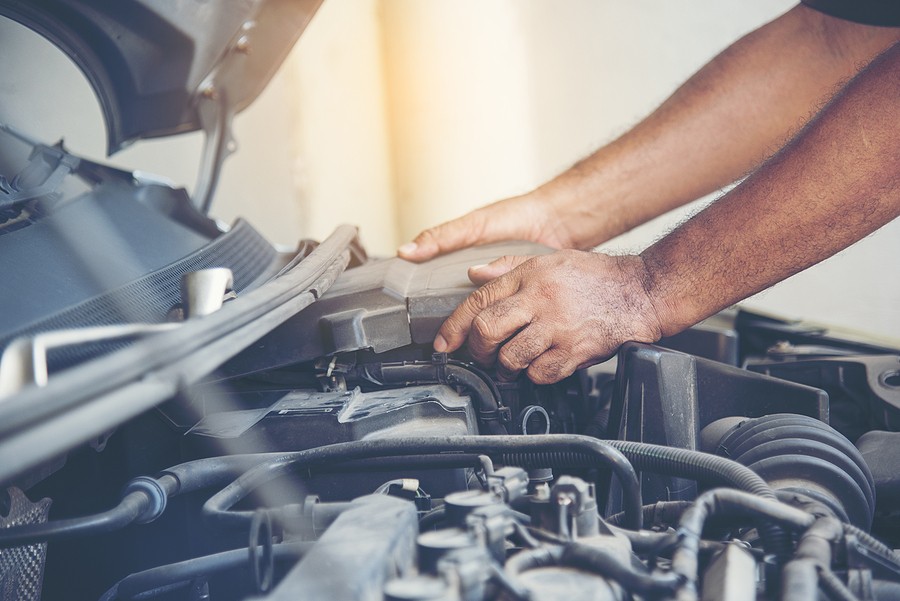If you're wondering “how long will a used engine last,” it will depend heavily on driving conditions, overall care, and maintenance. In general, a used engine might last over 200,000 miles.
Since the engine is a core component in any vehicle, you must keep an eye on it and replace it when needed. Unfortunately, it's known that engine repair costs are not cheap, making people switch to looking for used engines instead of purchasing brand-new ones.
Buying a used engine is a great idea, but one of the questions you have to ask yourself is, “how long will a used engine last?” It's hard to tell how much expect this engine will last because it depends on many factors, and understanding these factors helps you make an informed decision about which engine to purchase and whether it's worth your investment.
This article provides you with everything you need to know to determine how long will your used engine last. It highlights important factors that might influence engine longevity and provides recommendations about whether you should replace the engine.
What factors influence engine longevity?
Before we dive into the details of your question of “how long will a used engine last,” you must understand the main factors influencing the longevity of any engine. These factors will depend heavily on your status, and whether you should purchase this used engine might differ from someone else with a different vehicle.
According to automotive experts, these are the six most important factors to consider when looking into your engine longevity including the following:
1. Engine Mileage
The first and most critical thing you must consider is the engine's mileage. If the engine exceeds 200,000 miles, it might indicate that it is about to fail, and this is when you might expect major engine problems that could influence your vehicle.
In that case, you might not want to invest in an engine passing 200,000 miles. Sometimes automotive experts even recommend never purchasing an engine that is passing 100,000 miles because this is another critical time.
2. Overall care
In addition to focusing on the mileage, you need to understand how much this engine's been taken care of. In other words, was the previous owner paying attention to all the problems, changing the oil when necessary, and taking care of his engine?
This is something you might be able to get by asking questions about what was done for this engine previously. For example, if you're purchasing it from an individual, you might ask for some receipts indicating certain upgrades or maintenance records.
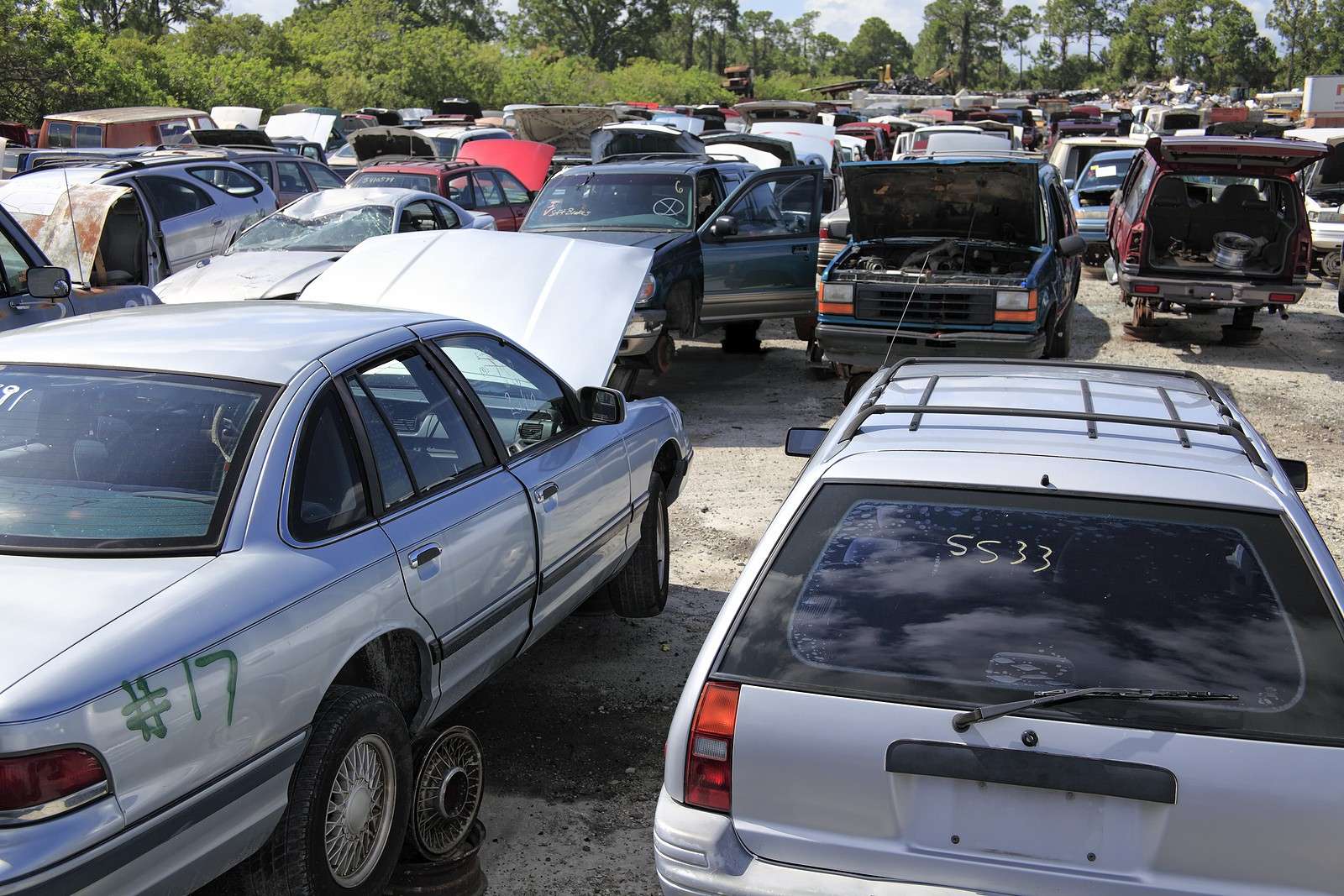
3. Driving habits
The engine's lifespan is impacted significantly by your driving habits. Sometimes if you're not driving the vehicle carefully and if you're slamming the way you use it, you might lead to reducing its longevity.
That's why automotive experts typically recommend learning about the right driving habits. Not only does it protect the engine and make it last longer, but it also protects the vehicle and prevents dealing with early problems you don't want to.
4. Driving environment condition
Did you know that your driving environment significantly affects how much and how long your engine lasts? Yes! The engine is not an isolated component that's not interacting with the other car components.
For example, if the tires cannot drive over a certain rough terrain, it will require an additional supply of engine energy that might reduce the engine's lifespan. Therefore, you need to ensure that you're driving your car in reasonable areas and avoid dealing with locations with a lot of construction or even potholes.
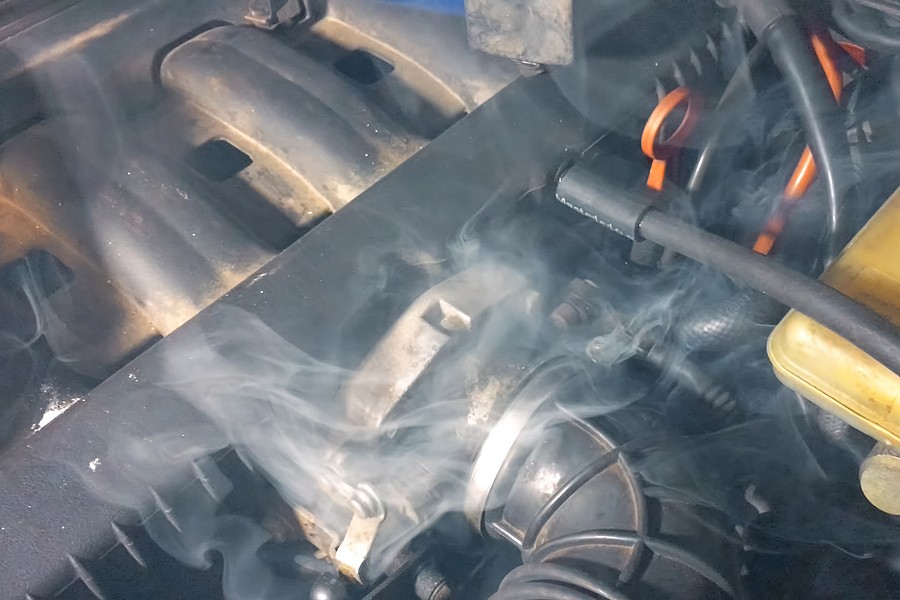
5. Engine overall status
The longevity of the engine also depends on its current status. For example, if the engine has some failing components, it won't last longer, even if those components are expected to last more, and if the engine is not even approaching 100,000 miles.
Therefore, if you're planning to purchase a used engine, you need some skills to help you identify whether any of these components are loose or not working properly. If you don't have the right experience, you might want to contact your mechanic can have some additional ideas to help you.
6. Maintenance provided
Finally, in addition to the overall care of the engine comment, you need to ensure that the engine went through the required maintenance. In other words, any vehicle has a vehicle owner's manual, which lists when you have to change the oil and also provides some details about what type of oil to use for your engine.
You need to ensure that the previous owner has taken good care of the vehicle and performed all the necessary maintenance so the engine does not fail soon. This will help you have Peace of Mind about The engine you were purchasing.

How long will a used engine last?
Now general idea about what are the main factors influencing engine longevity; the next step is to answer the question of how long I will use the engine last. According to experts, it's very hard to tell how long any engine will last because this will depend on all the indicated factors, in addition to more.
Therefore, some rough ranges might be around 200,000 miles if you purchase a good engine. However, after 200,000 miles, it might be challenging to determine whether this used engine will last.
Is it worth purchasing a used engine?
Again, this depends. If you could find a used engine in good shape with enough remaining time in its lifespan and new mechanics support purchasing it, it can be a great idea for you to move forward.
On the other hand, if you're a mechanic who thinks that the engine will not last longer and might have some significant problems coming in this case, you need to consider either selling this car or looking into purchasing a better-used engine or rebuilding the engine.
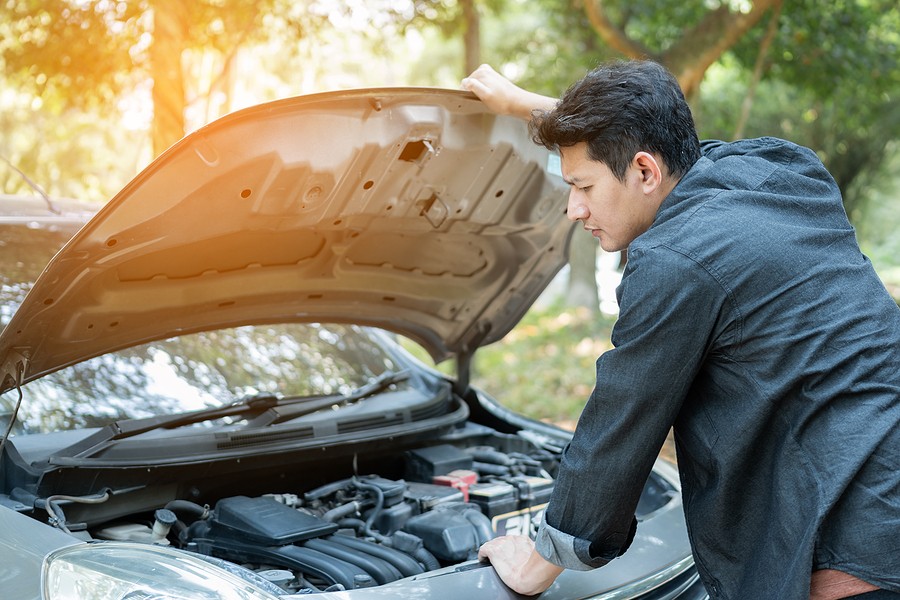
How much does it cost to purchase a used engine?
Many think purchasing a used engine will be much cheaper than buying a brand-new one. While this is right, it's not very cheap and might fall between $3000 and $4000, if not more.
That's why it's critical for you as a kind owner to conduct a detailed, comprehensive analysis of whether you should purchase a new engine, rebuild the current one, or probably go with a used one.
If you don't have the right experience, you can discuss it with your mechanic and have him inspect the used engine or buy a used engine through the mechanic. If you trust him anything that he can provide you with quality components.
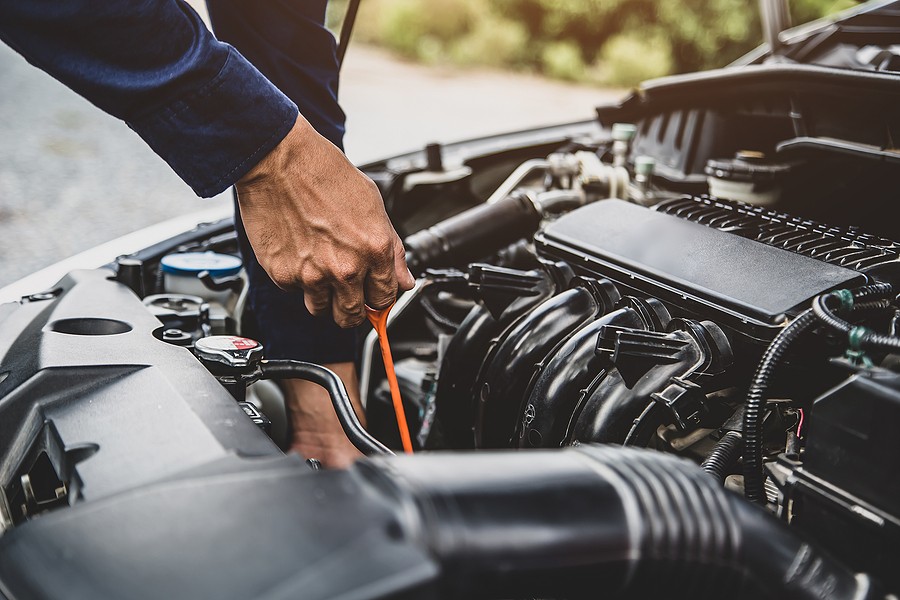
How to tell if the engine is due for replacement?
Many people don't know exactly whether the engine is due for replacement. Yes, if the engine fails, the vehicle,e is going to swing, but with some early signs, you detect the problem and potentially fix the engine before it feels complete.
The list below provides you with general signs indicating that your engine is failing and you might want to consider purchasing a used or brand new engine:
- Continuous oil leak
- Engine overheating and smoke from underneath the hood
- Reduce vehicle efficiency
- Continuous needs for repairs
- Reduce engine performance
- Have increased fuel consumption
These signs might indicate a series of problems, including a failing engine. However, it would be best if you didn't immediately assume that your engine is failing because you've noticed some minor oil leak.
Your mechanic is the best person to help you determine whether these signs indicate a completely failed engine, or you might have a chance to fix the problem and still use your engine without spending thousands of dollars on replacing it.
Remember that the longer you wait on these minor signs, the harder it is to get this vehicle fixed and the more problems you'll deal with down the road. Therefore, there's no reason to delay inspecting your car and checking on the engine before it fails.
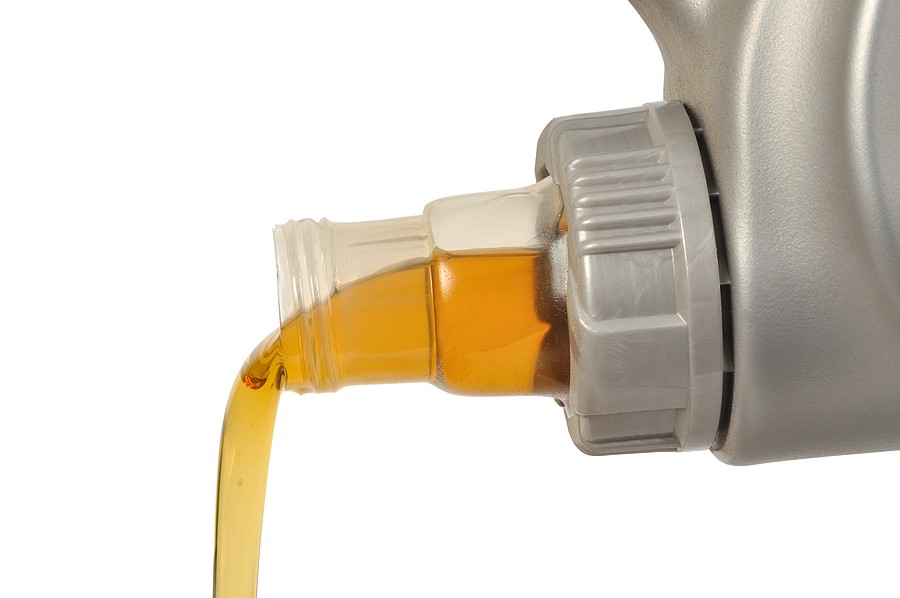
How long will a used engine last? Final Thoughts
Buying a used engine is a great idea for those who can't afford a new one; It can provide additional lifespan in your vehicle without investing more money in a significant repair.
However, it is critical for you as a car owner to determine how long you will use the engine last because if it's not going to last for a good time, it might not be worth your investment; it would be best if you considered selling this vehicle or looking into options for rebuilding an engine or purchasing a brand-new one.
If you're interested in similar posts, we highly encourage you to visit our blog by clicking here!

